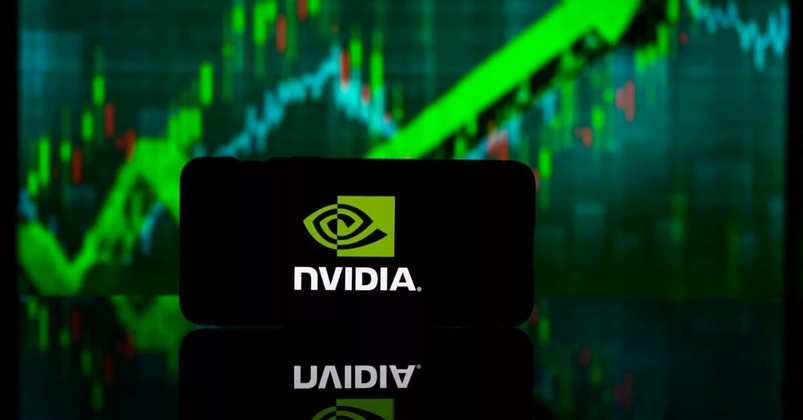Stock Market Concentration – Does It Matter?

Long ‘stupid nicknames for baskets of stocks’ might have been the best trade of the last year or so.
I jest, of course, but it is getting rather ridiculous at this point – we’re all familiar with the ‘magnificent seven’ on Wall Street, but that may now be becoming the ‘super six’ amid Tesla’s dismal start to the year. As if that wasn’t bad enough, we now have to deal with the ‘seven samurai’, the equivalent basket of Japanese equities, as well as the ‘GRANOLAS’, an acronym for a similar bucket full of European stocks. I must confess my own guilt here, in that I also coined the ‘sick seven’, to name the seven largest stocks in the FTSE 100.
However, I’m prepared to say that enough is enough. And, ask the question that nobody seems prepared to ask – does concentration even matter?
As far as I can work out, and I’m happy to be corrected on this, the answer to that is a resounding ‘no’.
The first argument that springs to mind here is that index concentration is bad news for stock pickers, and active managers. This is, of course, true, yet unless you are a stock picker or active manager attempting to outperform the market, I see little reason to be particularly perturbed by this.
Another argument is that, the more concentrated an index is, the more volatile it is likely to be. While there may well be some relationship between the two, it appears ropey at best. It is also the case that, while indices may be concentrated, they tend at present to be concentrated among stocks that operate across vast swathes of the economy – take Amazon, for instance, a retailer, which is also a media company, an advertising agency, a logistics firm, a payments facilitator, and a huge player in the cloud computing space. These aren’t exactly ‘one trick ponies’.
What other straws can we clutch onto here?
Valuation may be one, particularly with passive money flooding into index funds, chasing the biggest stocks ever-higher, and meaning that the big only continue to get bigger. While valuation does, clearly, now matter in a world where money is no longer free, stocks being ‘expensive’ on P/E, or any other ratio of your choosing is no reason to expect them to roll over. In the same way, naturally, that a market being ‘cheap’ is no reason to expect it to automatically rally, as anyone involved in the London market in recent years can well attest to.
Fragility is something else that some may worry about, and is a valid concern; if 9% of an index is weighted towards a single stock – as in the case of Microsoft (MSFT) and the Nasdaq 100 – it’s logical to be concerned about downside in that name having a detrimental impact on the broader market, the polar opposite of what is seen on the way up. However, once again, this argument doesn’t seem to stack up to statistical scrutiny, with index concentration never having reached particularly noteworthy levels before recent significant market drawdowns.
So, what to make of all this? In short, concentration chatter is a great way to grab headlines, and fill up column inches, particularly when the market has been rallying for some time, and there is seemingly little else to talk about. It appears there is little edge, or value, in this sort of information.
If today’s news really is tomorrow’s chip paper, that might well be the best use for any column inches chock full of mentions of how narrow markets have become.
Related articles
Pepperstone不代表這裡提供的材料是準確、及時或完整的,因此不應依賴於此。這些資訊,無論來自第三方與否,不應被視為建議;或者買賣的提議;或者購買或出售任何證券、金融產品或工具的招攬;或參與任何特定的交易策略。它不考慮讀者的財務狀況或投資目標。我們建議閱讀此內容的讀者尋求自己的建議。未經Pepperstone的批准,不允許複製或重新分發此信息。
_2024-02-26_20-26-25.jpg)



